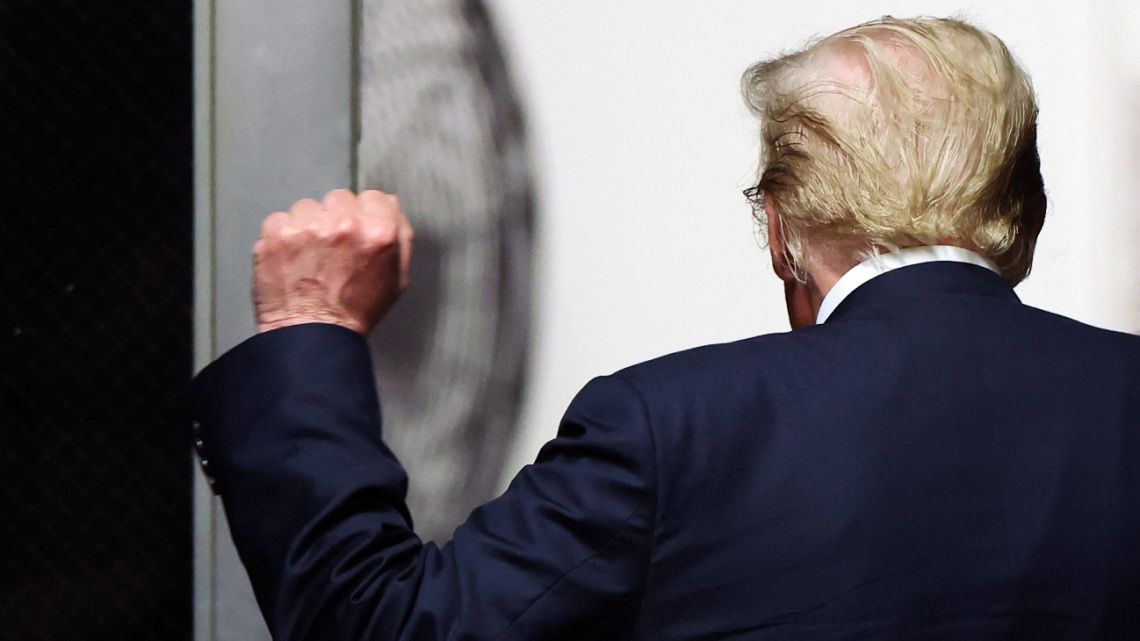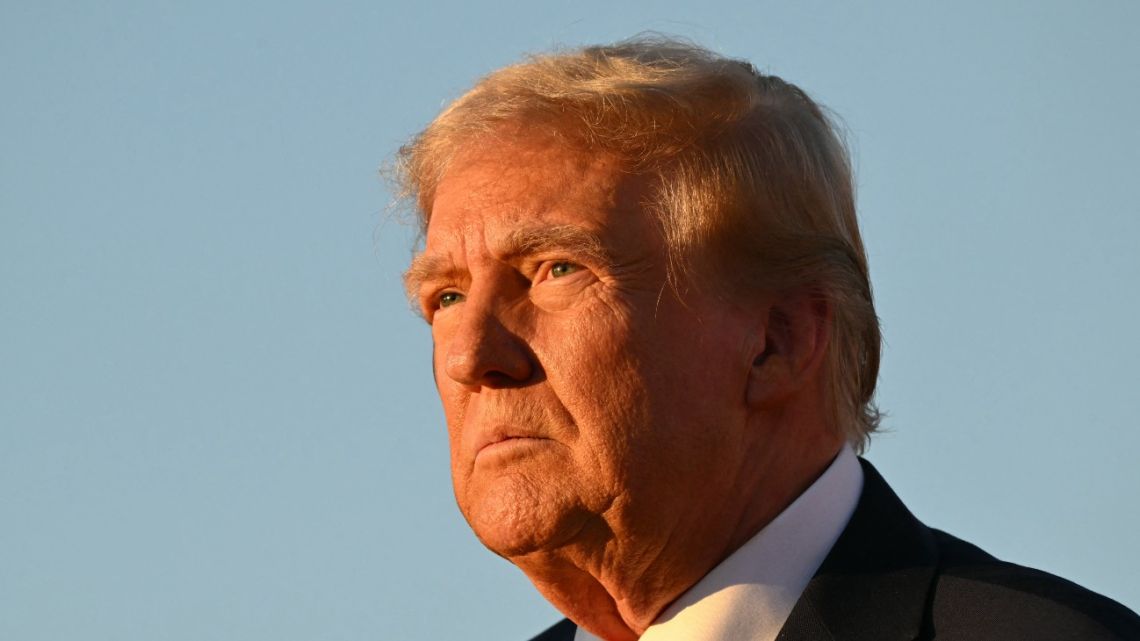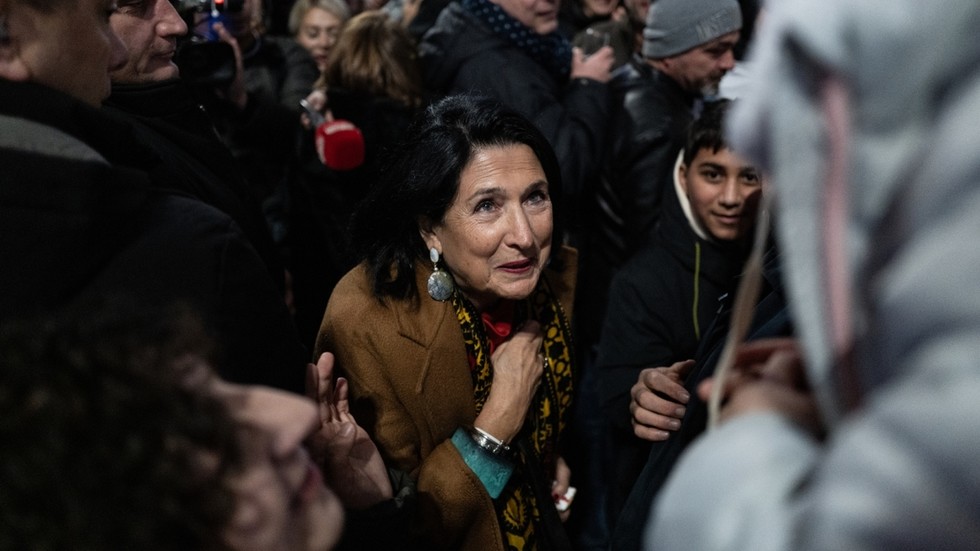President-elect Donald Trump considers imposing tariffs on Brazil for alleged left-wing judicial activism. The Wall Street Journal reports Trump’s team views recent Brazilian court actions as politically motivated persecution of opposition figures.
This move could significantly impact U.S.-Brazil trade relations, which totaled $78.2 billion in 2024. Trump’s proposed tariffs target countries he believes use their legal systems to target political opponents.
In addition, his advisors see parallels between Trump’s legal challenges and those facing former Brazilian President Jair Bolsonaro. Bolsonaro currently faces multiple investigations and an 8-year ban on holding office.
Brazil’s Supreme Court has taken aggressive action against perceived threats to democracy. Justice Alexandre de Moraes ordered Bolsonaro’s passport seized and banned him from leaving the country.
The court also suspended social media platform X for alleged disinformation. These moves aim to prevent authoritarian attempts but raise concerns about judicial overreach.
 Trump Threatens Tariffs on Brazil, Citing Left-Wing Judicial Overreach. (Photo Internet reproduction)
Trump Threatens Tariffs on Brazil, Citing Left-Wing Judicial Overreach. (Photo Internet reproduction)Trump views these actions as unfair persecution of conservative figures. He threatens to use trade policy as leverage against what he calls “left-wing lawfare.”
However, this approach aligns with Trump’s broader skepticism of international institutions and preference for bilateral dealmaking. The potential tariffs could severely impact Brazil’s economy.
U.S.-Brazil Trade Relations
The U.S. ranks as Brazil’s second-largest trading partner after China. Key Brazilian exports like steel, aluminum, and agricultural products face particular risks. A 25% tariff on all Brazilian goods would likely trigger retaliatory measures.
Brazil’s government under President Lula da Silva must navigate these tensions carefully. Lula aims to strengthen Brazil’s global influence through forums like BRICS.
However, antagonizing the U.S. could jeopardize important economic ties. Brazil’s recent EU trade deal demonstrates its desire for diverse partnerships. Trump’s tariff threat highlights the complex interplay between domestic politics and international trade.
His “America First” approach often views trade as a zero-sum game. This contrasts with traditional views of trade as mutually beneficial. Trump’s policies could reshape global supply chains and alliances.
In short, the situation remains fluid as Trump‘s inauguration approaches. Brazil and other countries prepare contingency plans for potential trade disruptions.
The global economy faces uncertainty as the world’s largest economy signals a protectionist shift. Businesses worldwide must adapt to this new landscape of economic nationalism and geopolitical tensions.

 By The Rio Times | Created at 2025-01-16 10:09:18 | Updated at 2025-01-16 13:45:15
3 hours ago
By The Rio Times | Created at 2025-01-16 10:09:18 | Updated at 2025-01-16 13:45:15
3 hours ago








